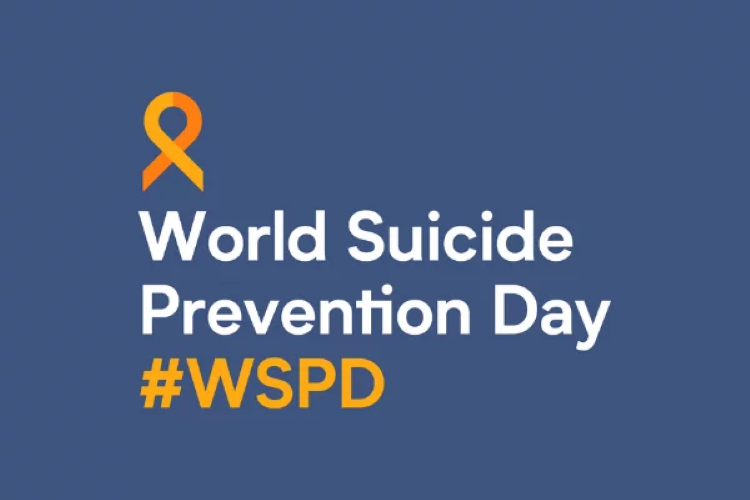

September 10 is World Suicide Prevention Day. It was established by the International Association for Suicide Prevention (IASP) and the World Health Organization (WHO) and has been running annually since 2003. The day is dedicated to highlighting the value of life and raising awareness of increasing suicide rates around the world so that effective countermeasures can be implemented.
Suicide Rate Figures
According to the WHO, more than 700,000 people take their own lives every year, in particular, the suicide rate in developing countries has been steadily increasing in recent years.
Meanwhile, according to Kindicator, Korea has a suicide rate of 25.2 per 100,000 people, which is twice as high as the OECD average of 10.7 per 100,000 people. These statistical data indicates a correlation between life satisfaction and suicide rates. For example, Korea's suicide rate increased sharply during the 1997 Asian financial. By around 2010, it exceeded 30 per 100,000 people, an increase largely attributed to the aging population, as life satisfaction tends to decline with age. Other contributing factors to suicide rates include mental health difficulties, economic hardship, physical illness, work-related challenges, and stress.
How to Prevent Suicide
In order to prevent people from committing suicide, experts say that supportive relationships from those around us play a crucial role. While solving the problem itself may be difficult, offering a kind word of comfort or simply listening to someone's struggles can make a significant difference, often helping them step back from the edge.
Euthanasia; A Double-Edged Sword
In recent years, interest in euthanasia has grown in correlation with increasing suicide rates. In particular, the invention of the Sarco pod, a capsule designed for assisted dying, has reignited controversy over the right to die. The Sarco pod, invented by Dr Philip Nitschke, replaces oxygen with nitrogen while the patient is inside it, causing death by hypoxia. The cost of using the pod is a mere 18 Swiss francs, which covers the price of the nitrogen. The Last Resort, a Swiss human rights group advocating for euthanasia, commented on the Sarco pod, stating that "there are no legal obstacles because assisted suicide is permitted in Switzerland."
However, in Korea, the Life Sustaining Treatment Decision Act has been in effect since 2018. Patients who have no chance of recovery may choose not to receive life-sustaining treatment on their own or with the consent of their family, but medical treatment for pain relief or the basic provision of nutrients, water, or oxygen cannot be stopped. The act has attracted criticism from those who believe a patient's right to die should be respected.
However, with the suicide rate particularly high among those over 70 and over 80% of adults supporting euthanasia in polls, there are concerns that socially and economically disadvantaged individuals, unable to afford treatment, may be vulnerable to choosing suicide as an escape. Therefore, in order for euthanasia to be legalized in Korea, it appears that a safety net is essential to prevent the misuse of assisted dying.
Supporting One Another
Rather than placing responsibility solely on individuals, it's important to examine if the correct systems are in place to protect them. In order to solve this, everyone must now take action and step forward. Suicide can have wide-reaching consequences, but it can be prevented when those at risk are listened to and supported. Is everyone around you okay right now?
Reporter,
Hyeonseon Namgung namgung0121@seoultech.ac.kr


 Comment 123
Comment 123